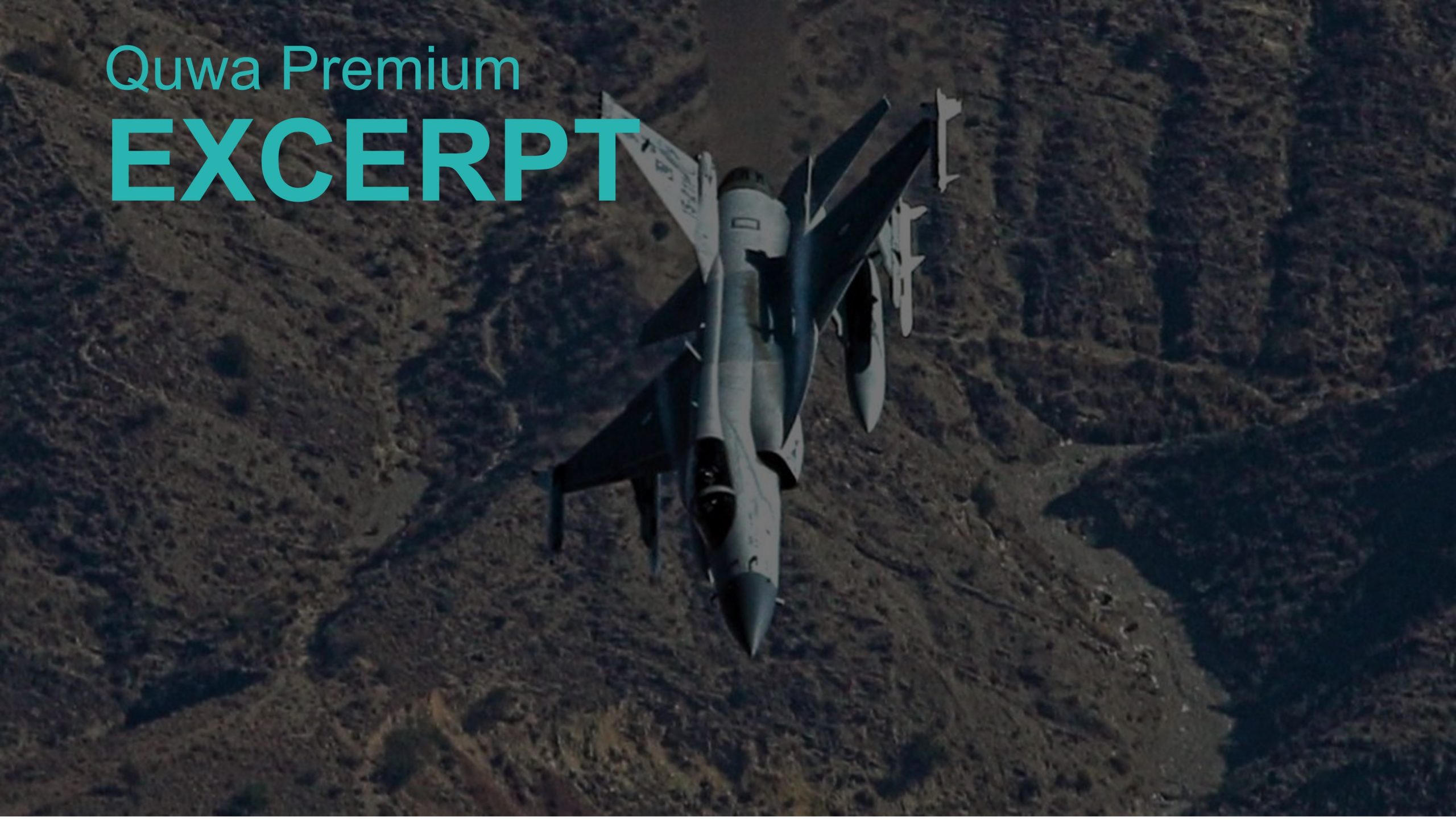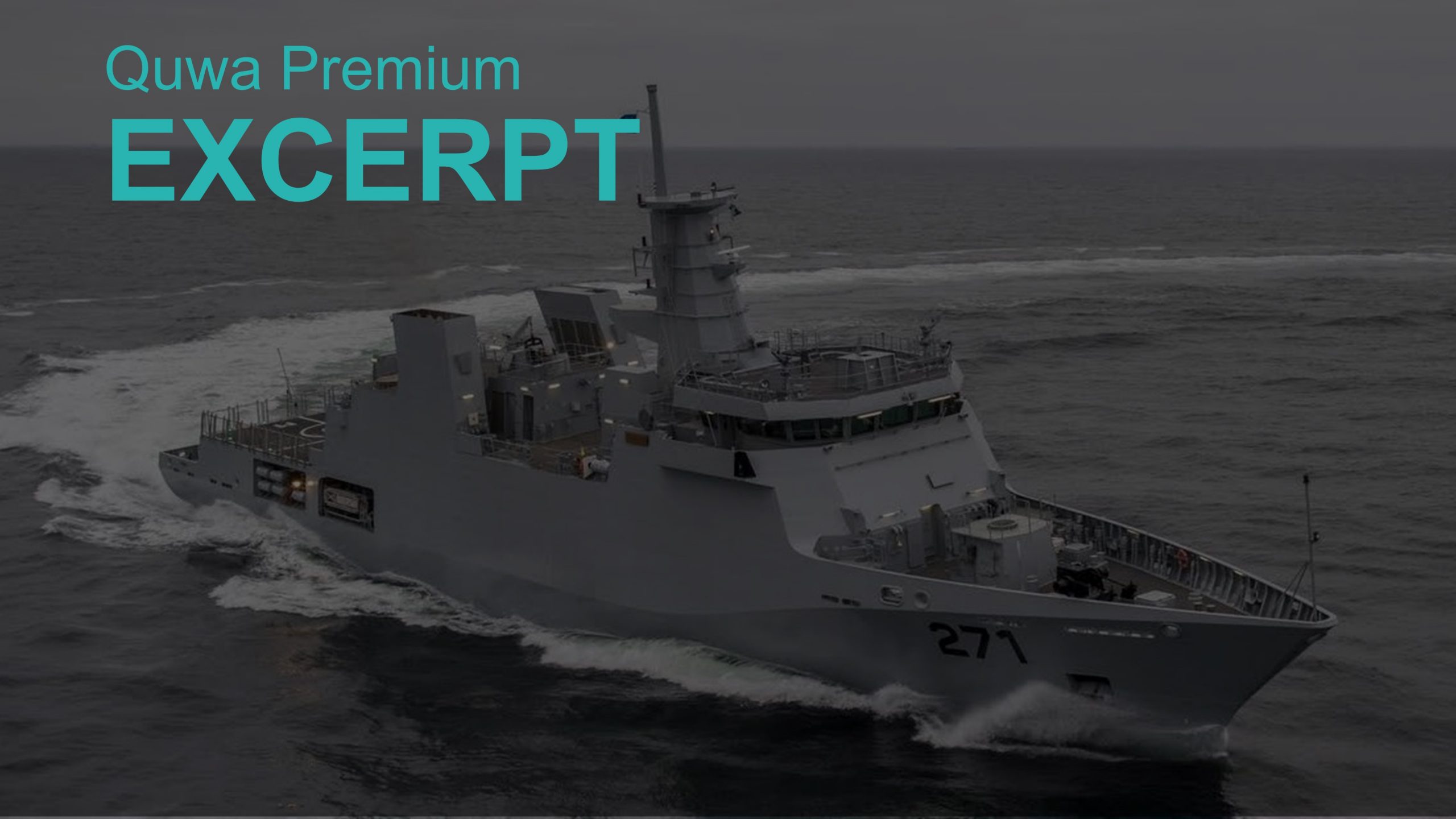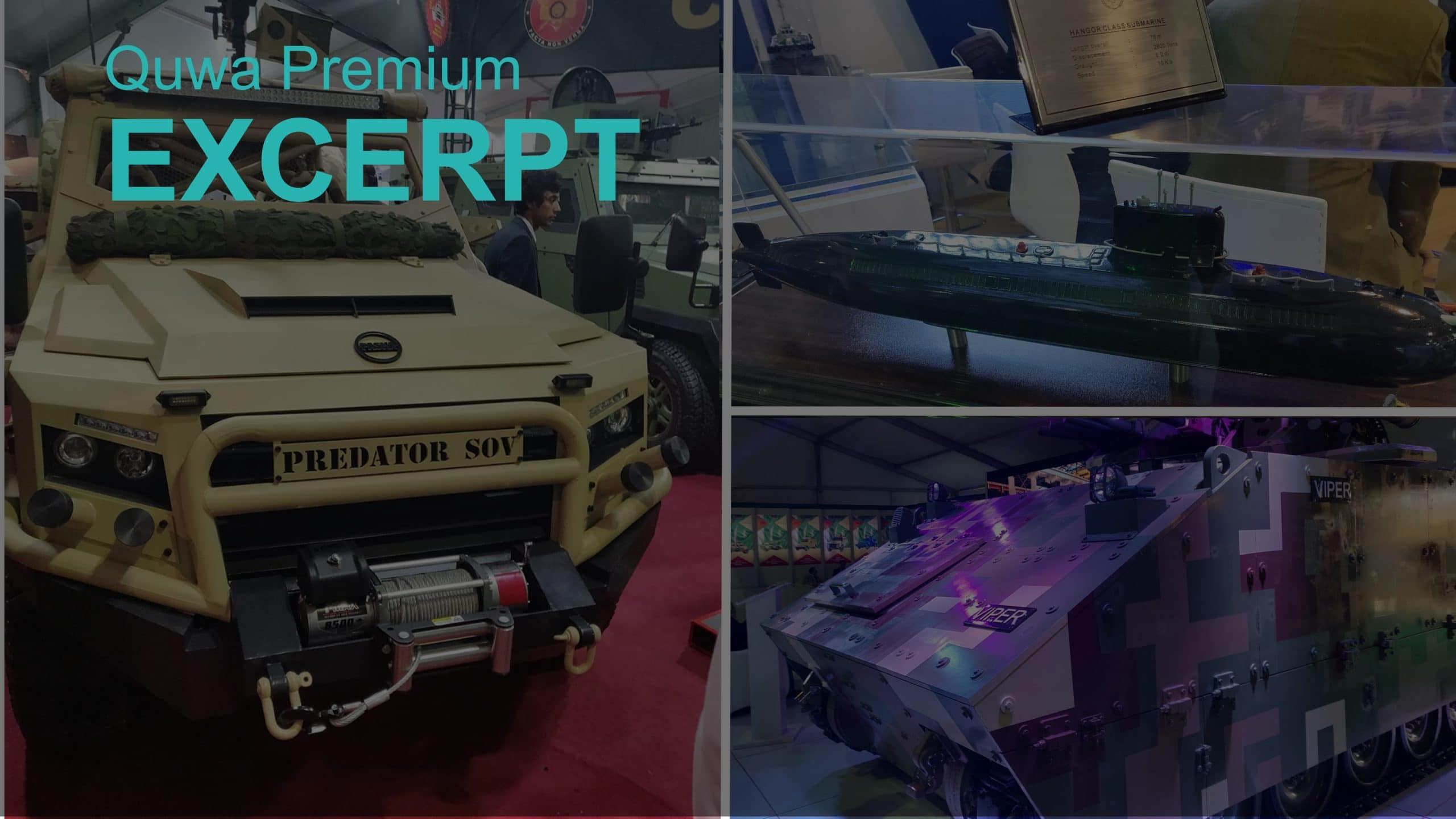511Views

Pakistan Air Force Capability Additions for This Decade
The Pakistan Air Force (PAF) will undergo significant capability growth through this decade. Headlined by the induction of the JF-17 Block-3 and the apparent order of J-10CEs, the PAF will add a line up of new air-to-air missiles, air-to-surface munitions, and other systems that may stir major tides in regional dynamics, but through many smaller, subtle moves rather a big sweeping act.
However, there is no doubt that the results of Swift Retort left an impression on the PAF leadership, with Air Headquarters (AHQ) looking to build upon what worked, but at scale. In other words, the goal is likely to deploy a Swift Retort-like response across several fronts and, potentially, with greater individual impact compared to the operation the PAF had carried out in February 2019.
Overall, a look at the PAF’s procurement pipeline for this decade shows it is concentrating on three fronts: i.e., extending its air-to-air engagement reach, expanding its strike capacity, and intensifying its electronic warfare element. This article will examine each of these domains.
Extending Air-to-Air Reach
The PL-15E beyond-visual-range air-to-air missile (BVRAAM) is the likely cornerstone of the PAF’s efforts to improve its engagement capabilities. The PL-15E reportedly has a range of 145 km, a major increase to the 70-100 km-range SD-10.[1] However, range would only be one of its improvements over the SD-10. The PL-15E leverages China’s technology advances from the past decade, so it likely has improved defensibility to electronic countermeasures (ECM) (i.e., electronic counter-countermeasures or ECCM)…(end of the excerpt, read the rest on Quwa Premium).
Expanding Strike Capacity
The PAF is seemingly adding more strike-capable assets through the JF-17. To be more specific, the PAF is basically integrating various stand-off weapons (SOW) to the Thunder. In fact, the JF-17 is already capable of deploying certain SOWs, namely the C-802A anti-ship cruising missile (ASCM), CM-400AKG rocket, and Indigenous Range Extension Kit (IREK) precision-guided bomb (PGB) kit. However, the PAF may be looking to add heavier air-launched cruise missiles (ALCM) like the Ra’ad-series and supersonic-cruising HD-1A…(end of the excerpt, read the rest on Quwa Premium).
Intensifying Electronic Warfare
The PAF is also investing in its EW, especially self-protection jamming via ECM. The JF-17 Block-3 will have an integrated ECM suite. The PAF also inducted a new dedicated self-protection jamming pod – reportedly named “Panjnad” – for use on the Block-2. Using spoofing and other techniques, ECM help protect aircraft from enemy radar threats, such as missile seekers…
End of Excerpt (417/1,289 words)
You can read the complete article by logging in (click here) or subscribing to Quwa Premium (click here).
For more news and insights on the Pakistan Air Force, see:
- JF-17B: The Pakistan Air Force’s Growth Asset
- Pakistan Orders J-10CE Fighters from China
- Analysis: The JF-17’s Unique Value Proposition
- Pakistan Reveals its Own ‘Space Command’
- Analysis: How Pakistan Can Design a Loyal Wingman Drone
- Realigning Project Azm: Balancing Ambition and Pragmatism
[1] Richard Fisher Jr. “The Air Balance on the Taiwan Strait.” International Assessment and Strategy Center. 21 February 2010. URL: https://www.strategycenter.net/research/pubID.224/pub_detail.asp


